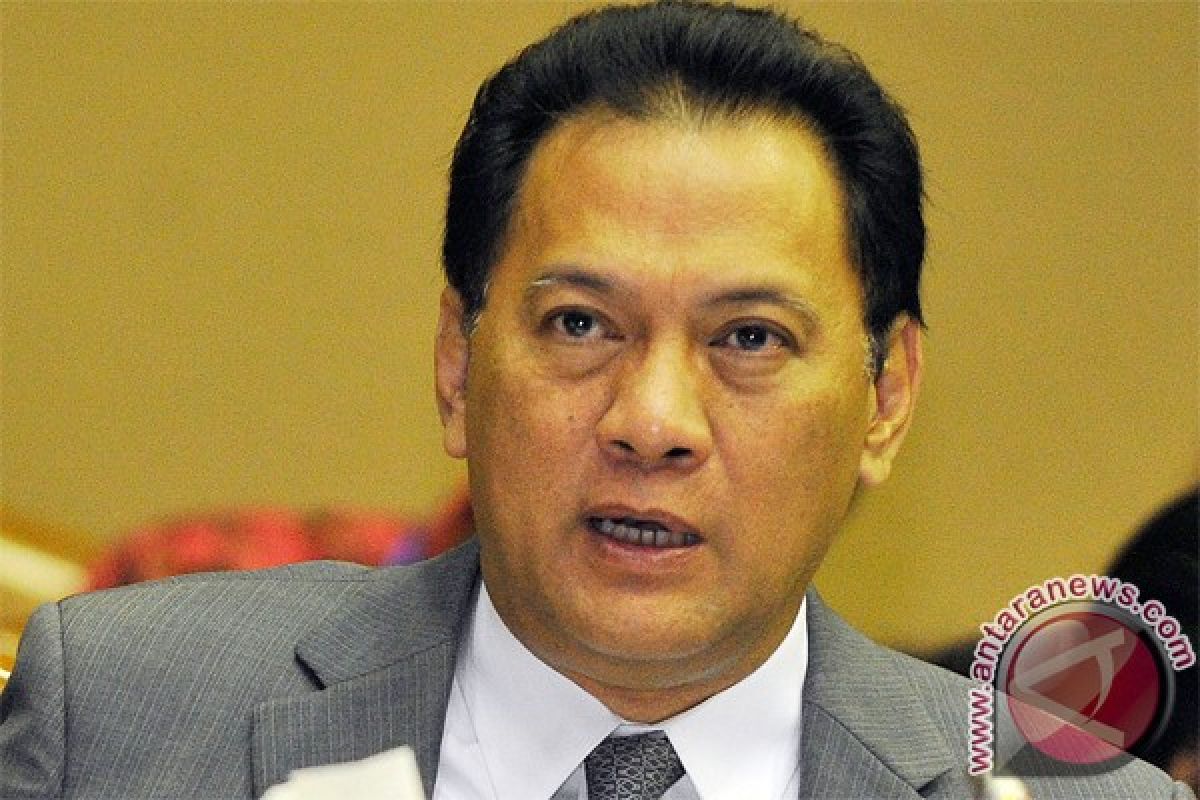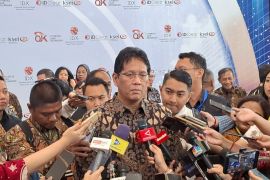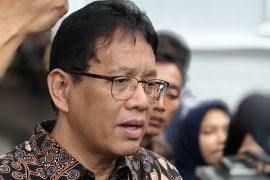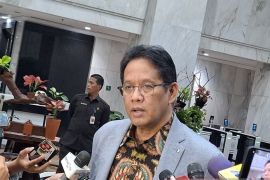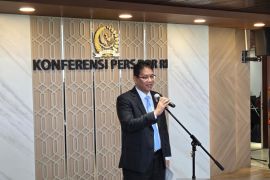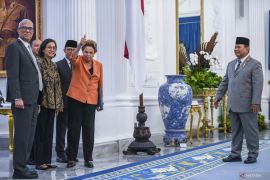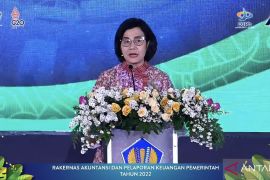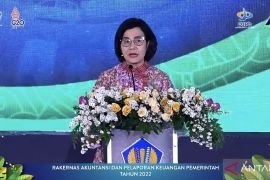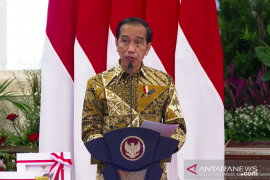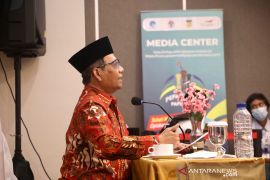"We'll try to achieve the target that has been proposed by the government."Jakarta (ANTARA News) - Effective expenditure will emerge as the main theme from the draft of 2013's state budget, that is expected to be delivered by the government on Thursday, Finance Minister Agus Martowardojo said.
"We still have shortcomings when it comes to making our expenditures effective, but our fiscal health continues to improve," the finance minister said after attending a coordinating meeting on Tuesday.
To make government expenditure more effective, the state budget will now be spent only on productive needs.
"Therefore, the government needs to be convinced first that state funds are being allocated for buying goods that will add value," Martowardojo said.
In his financial notes on 2013's state budget, the President will try and convince Indonesia's public that the government is aiming for inclusive and continuous economic growth, but will remain watchful of the world economic crisis that can still hurt the country`s economy.
Martowardojo also said he feels optimistic about achieving a growth rate in the range of 6.8 percent to 7.2 percent in 2013, in wake of the positive growth trends seen in the world economy.
"But we need to grow our economy at a certain level in 2013 to deal with any downward trends that might emerge globally," he added.
He said that the government has set itself a relatively high target, but it has been discussed with the House of Representatives (DPR).
"We'll try to achieve the target that has been proposed by the government," Martowardojo said.
Chief Economic Minister Hatta Rajasa said that the draft of the 2013 state budget has been designed to develop an expansive and productive economy.
"We intend to cut down on non-essential spending to support economic growth," Rajasa said.
He added that the budget will allocate Rp200 trillion for infrastructure development, in order to boost economic progress and to achieve a growth rate of between 6.8 percent and 7.2 percent.
Rajasa also called upon the Indonesian people to help maintain a balance in the domestic market by not flooding it with imported goods.
"We cannot let our country become a dumping ground for imported goods," he said.
(Uu.A014/INE/KR-BSR)
Editor: Priyambodo RH
Copyright © ANTARA 2012
